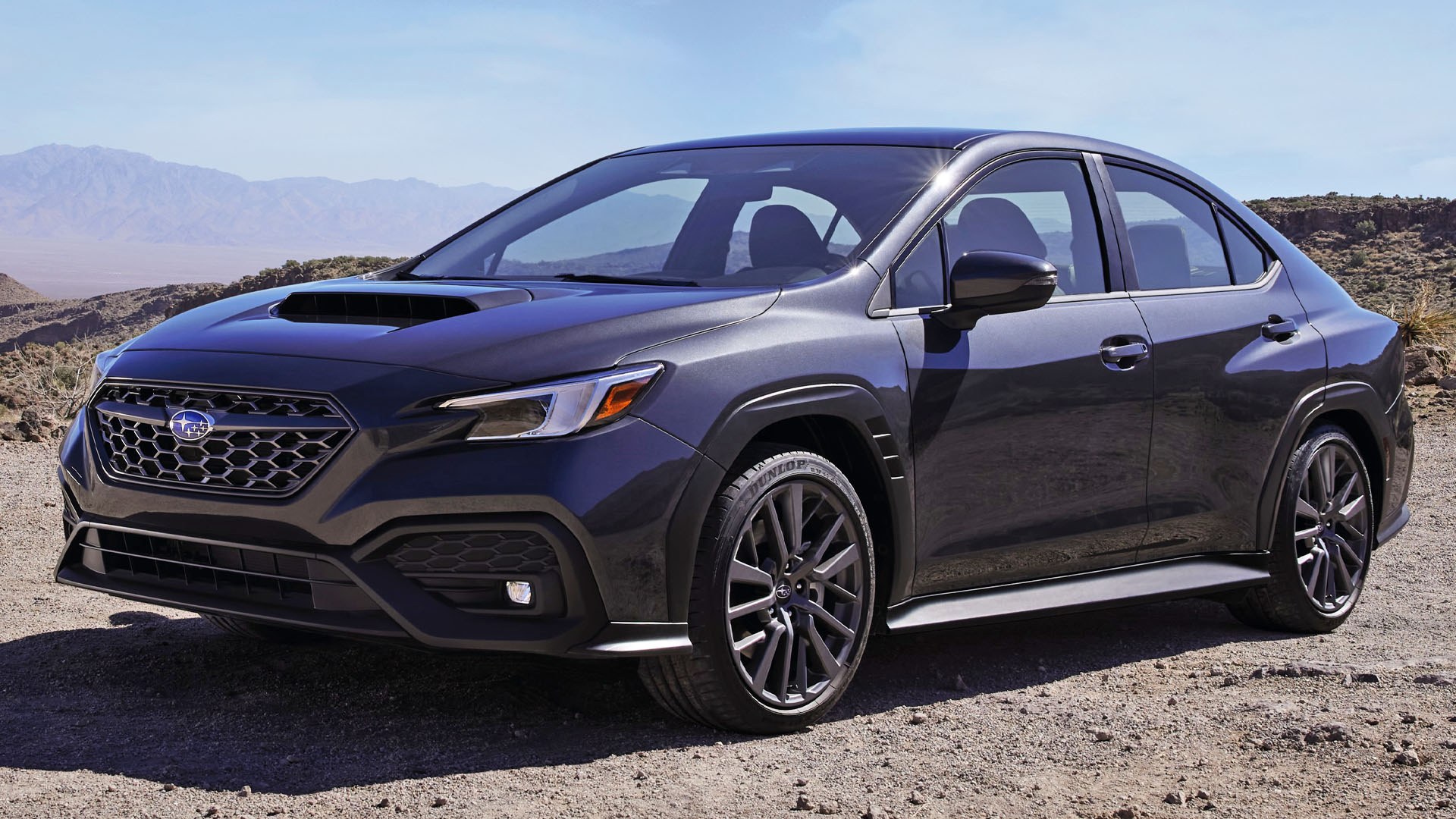

The Subaru WRX has always been an Impreza at heart, sharing its basic form with the relatively regular sedan. They’re both compact four-doors with Subaru’s famous boxer engine layout and all-wheel drive, it’s just that one is tuned to drift around gravel roads and power out of corners. The 2022 Subaru WRX is yet again based on the same architecture as the contemporary Impreza, though that’s not all—it’s built atop the Subaru Global Platform, which also houses crossovers and SUVs like the Forester and Ascent.
That raises some questions about whether or not the Japanese automaker’s latest rally-derived machine is a bit soft. Subaru doesn’t think so—instead, it thinks the WRX is better for it.

The new WRX is improved in more ways than one, and that’s before you even get to the platform. There’s slightly more horsepower, new electronically controlled dampers, and the infotainment is way more modern—it’s a solid update. Also, Subaru clearly cares about how this new car feels; for starters, the steering rack has been specifically designed to offer more feedback up the column and into the hands of the driver.
That’s all been improved before this new platform comes into the picture, and some of the improvements it offers are either extremely impressive or make you a bit curious about how the old car was constructed. For instance, the automaker says the center of gravity is lower thanks to this new platform, which is great. Just the same, stiffness has been improved thanks to full inner-frame construction and the use of more structural adhesives. How much has stiffness been improved? Well, Subaru says the suspension mounting points are now 75 percent more rigid. That’s…a lot. Also improved is the chassis’ overall torsional rigidity, which goes up by 28 percent.
There are other, smaller details that Subaru makes a point of mentioning as well. The suspension has a longer stroke distance, which it says improves stability and lateral grip. Also, the swaybar is now mounted to the chassis itself rather than the subframe—the Subaru Global Platform makes that possible. This contributes to a greater roll rate reduction and makes the swaybar more efficient. That’s great because I’ve always been a stickler for swaybar efficiency.
Performance is the priority here, but it’s not the only consideration. If you’re at a high school lunch table, maybe skip this part. Improvements in noise, vibration, and harshness are also noted by Subaru, although no specific figures are provided. Even if no specific data is given, Subaru is sending a message by even discussing this during a performance car’s launch. It’s saying to enthusiasts that yes, this basic architecture is under a lot of other cars—only the BRZ gets its own unique platform at this point—but it’s only making the WRX better. Not only will be it more communicative and offer improved dynamics, but it’s going to be a more comfortable car to drive every day.
Got a tip or question for the author? Contact them directly: peter@thedrive.com